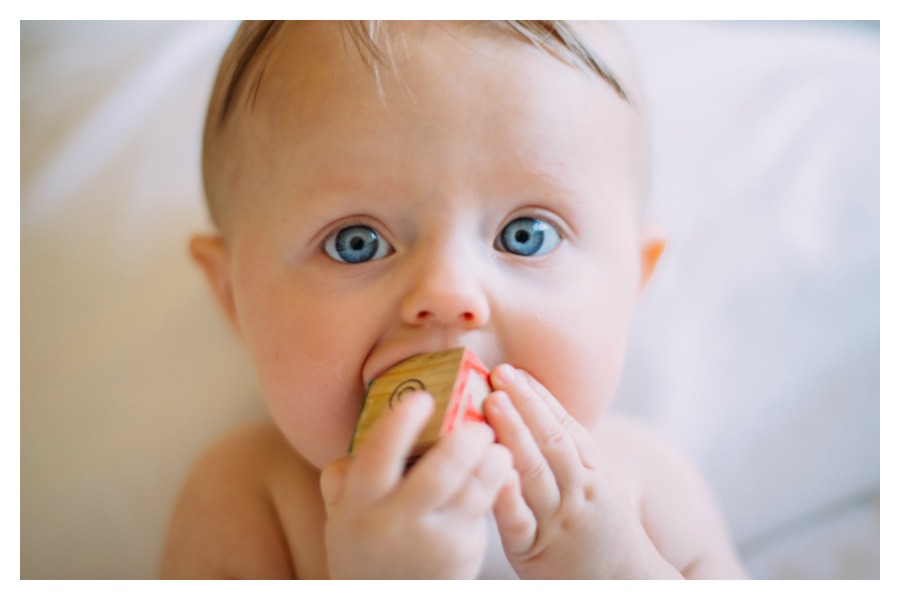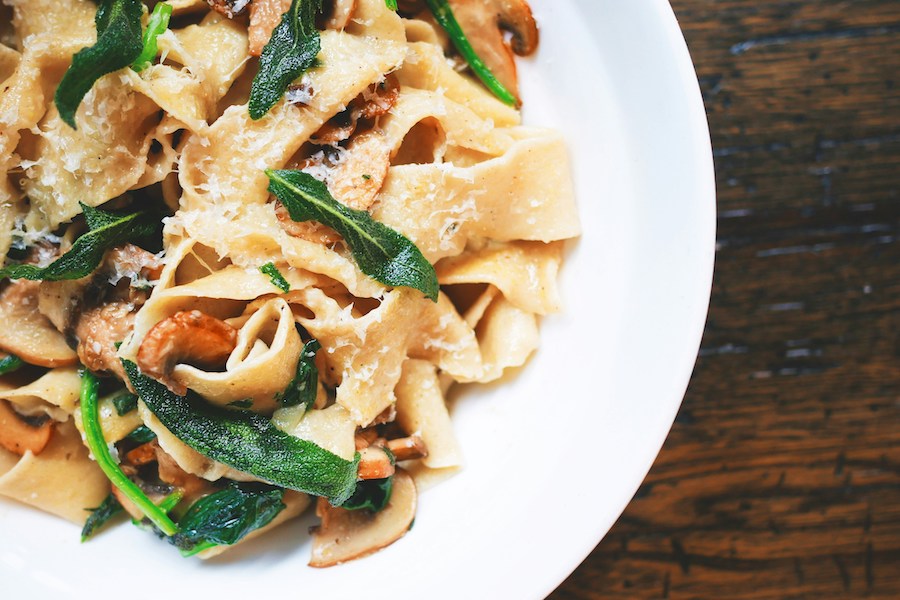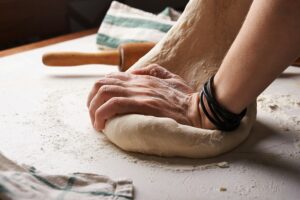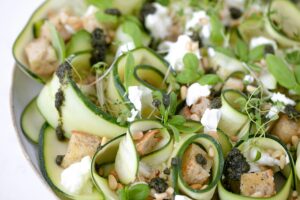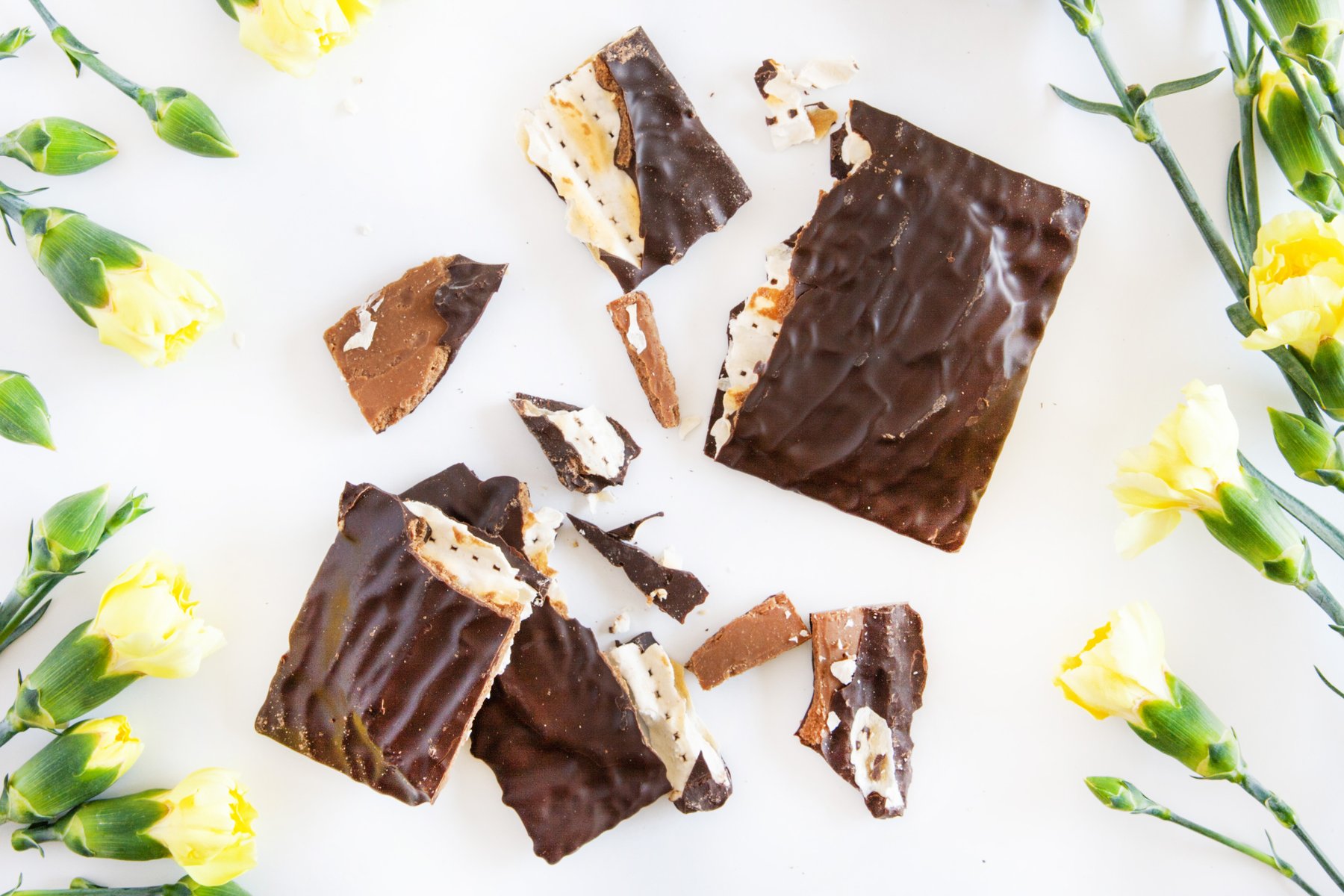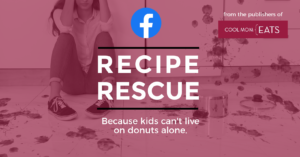As a foodie mom, I’ve been looking forward to introducing my baby to the joys of real food, even if it’s just banana puree or apple sauce to start. But a recent article reporting lead detected in baby food at NPR has me rethinking my plan.
The article cites a study by the Environmental Defense Fund that discovered lead in 20% of baby food samples tested between 2003 and 2013. Some of the worst culprits? Grape juice, sweet potatoes, and teething biscuits, according to the article. Yikes.
Related: A no-stress guide to introducing solids to your baby.

Even more disturbing is that all of these products met the FDA’s regulations for acceptable levels of lead. And if “acceptable levels of lead” seems like a phrase that shouldn’t exist when it comes to baby food, you’re probably right. Most pediatricians believe that no level of lead is safe for children to consume, as lead exposure can affect “IQ, ability to pay attention, and academic achievement.”
Oof. And I thought breastfeeding was stressful.
This report had me ready to boycott a specific brand, but the study doesn’t name names. It also doesn’t pinpoint the source of contamination; the lead could have been in the soil in which the plants were grown, rather than having been introduced during production.
So what’s anxious new mom like me to do?
Pediatricians recommend feeding babies a wide variety of vegetables and making sure that they get the proper amount of iron, calcium, and Vitamin C, which can help limit the absorption of lead.
And luckily we’ve got some excellent resources on making your own baby food, storing it safely, and increasing breastmilk, which is high in all of those things and something that you can feed babies well into their food-eating months and years. We even have some tips that might help your baby avoid a peanut allergy.
Because if you’re like me, that baby food blender is looking more and more attractive.

